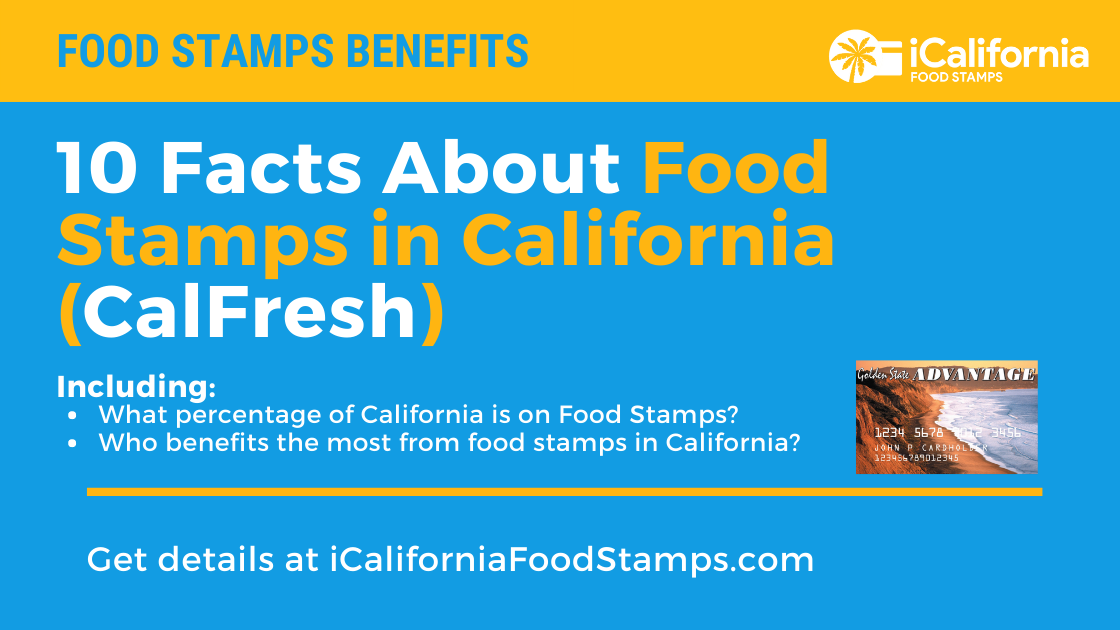Culinary Arts Degree Timeline: Complete Educational Path Guide
Understand culinary arts degree programs
Pursue a culinary arts degree open doors to a world of gastronomic possibilities. The time investment require varies importantly base on the type of program and credential you’re sought. Whether you’re passionate about become a head chef, pastry specialist, or restaurant manager, understand the timeline for culinary education help set realistic expectations for your career journey.
Certificate and diploma programs: the quick route
Certificate and diploma programs represent the fastest path to culinary credentials. These focus programs typically require:
- 2 12 months for completion
- Concentrated hands-on training in fundamental techniques
- Limited general education requirements
- Focus on practical kitchen skills over theory
These programs are ideal for individuals seek entry level positions chop chop or those want to specialize in a specific culinary area like bake, butchery, or wine studies. Many community colleges, vocational schools, and dedicated culinary institutes offer certificate options at various price points.
While shorter, quality certificate programs nonetheless provide substantial hands on trahands-onurs. Students oftentimes complete between 300 600 hours of kitchen practice, depend on the program’s intensity and schedule.
Associate degree in culinary arts: the standard foundation
Associate degrees represent the virtually common educational path for aspire culinary professionals. These programs typically require:
- 18 24 months (2 years )of fufull-timetudy
- Roughly 60 70 credit hours
- Balance of hands-on kitchen training and academic coursework
- General education requirements in addition to culinary classes
The associate degree provides a more comprehensive foundation than certificates, incorporate business fundamentals, food safety, nutrition, and menu plan alongside cooking techniques. Students develop both practical skills and theoretical knowledge need for career advancement.
Many respected culinary schools like the culinary institute of America, Johnson & wales university, and LE cordon bleu offer associate degree programs. Community colleges too oftentimes provide more affordable associate degree options with strong industry connections.
What to expect in an associate program
A typical associate degree curriculum includes:

Source: iup.edu
- Fundamental cooking techniques
- Baking and pastry foundations
- Food safety and sanitation
- Nutrition
- Menu planning and food cost
- Kitchen management
- Culinary math
- Wine studies and beverage management
- Internship or externship experience
Near associate programs conclude with an externship or internship placement, allow students to apply their skills in professional settings before graduation. This real world experience prove invaluable for build confidence and secure employment.
Bachelor’s degree in culinary arts: the comprehensive option
For those seek management positions or want a deeper understanding of the culinary field, bachelor’s degree programs offer comprehensive education. These programs typically require:
- 3 4 years of full-time study
- 120 130 credit hours
- Extensive general education requirements
- Advanced culinary techniques
- Business management courses
- Multiple internship experiences
Bachelor’s programs extend beyond cook techniques to include substantial business education. Students learn restaurant management, marketing, human resources, accounting, and entrepreneurship — skill essential for run culinary operations or finally open their own establishments.
Many bachelor’s programs offer specialization tracks in areas such as:
- Restaurant management
- Food and beverage operations
- Baking and pastry arts
- Food science and product development
- Culinary nutrition
- International cuisines
The additional time investment pay dividends through expand career opportunities. Bachelor’s degree holders oftentimes qualify for management positions presently and command higher starting salaries than those with certificates or associate degrees.
Accelerated programs: fast track your culinary education
For career changers or those unable to commit to traditional program timelines, accelerated options exist:
- Intensive certificate programs (amp short as 2 6 months )
- Year round associate degree programs (15 18 months )
- Accelerated bachelor’s completion programs for those with prior credits
These programs maintain the same curriculum but compress the timeline done:
- Longer daily class sessions
- Year round scheduling without traditional semester breaks
- Reduced general education requirements (in some cases )
- Credit for prior professional experience
While convenient, accelerate programs demand intense dedication and leave little room for outside employment during study. Students should realistically assess their ability to maintain focus during condense, intensive training before commit to this path.
Part-time and flexible study options
For those balance work or family commitments, part-time study extend program duration but offer flexibility:
- Certificate programs: 1 2 years part-time
- Associate degrees: 3 4 years part-time
- Bachelor’s degrees: 5 7 years part-time
Many culinary schools offer evening and weekend classes specifically design for working professionals. Online hybrid programs have likewise emerged, combine virtual learning for theoretical subjects with concentrated in person blocks forhands-onn training.
While take longer, part-time study allow students to:
- Maintain income while study
- Apply new skills instantly in current food service jobs
- Balance family responsibilities
- Potentially qualify for tuition assistance from employers
Advanced culinary degrees and specializations
Beyond undergraduate education, specialize advanced programs exist for those seek to further their expertise:
Master’s degrees in culinary arts
Master’s programs typically require:
- 1 2 years beyond bachelor’s degree
- Focus on research, development, and advanced techniques
- Specialization in areas like gastronomy, sustainable food systems, or culinary education
Specialized post graduate certificates
For established professionals seek to expand their expertise:
- 3 12 months of specialized study
- Focus on specific cuisines, techniques, or business aspects
- Oftentimes available at prestigious international institutions
These advanced credentials specially benefit those pursue careers in culinary education, food writing, research and development, or executive chef positions at premium establishments.
Factors affect program duration
Several factors can extend or shorten the time require completing a culinary degree:
Prior education credits
Students with previous college experience may transfer general education credits, potentially reduce program length by several months or semesters. Some schools besides offer credit for military training or professional certifications.
Externship requirements
Most quality culinary programs include mandatory externship periods range from 200 600 hours. While these experiences provide invaluable real world training, they extend the overall program timeline, particularly if complete during summer terms.
Program structure and intensity
Block scheduling (focus on one subject intensively before move to the next )versus traditional semester formats can importantly impact completion timelines. Some schools offer modular approaches that allow students to progress at individual paces.
Certification requirements
Many programs build in time for students to obtain industry certifications like service food protection manager or aACFcertifications. These credentials add value but may require additional study time and testing periods.
Choose the right program timeline
When decide on the appropriate culinary education path, consider these factors:

Source: masters.culinary.edu
Career goals
Different positions typically require different credentials:
- Line cook or kitchen assistant: certificate oftentimes sufficient
- Chef de parties or sous chef: associate degree prefer
- Executive chef or restaurant manager: bachelor’s degree advantageous
- Culinary educator or food scientist: advanced degree ofttimes require
Financial considerations
Longer programs typically cost more in total tuition but may offer better long term return on investment. Consider:
- Available financial aid and scholarships
- Opportunity cost of time spend study versus working
- Potential start salary differences between credential levels
Learn style
Honest self assessment helps determine the best format:
- Hands on learners may thrive in intensive certificate programs
- Those benefit from theoretical foundations might prefer foresight associate or bachelor’s programs
- Students need structure should choose traditional formats over self pace options
Beyond formal education: continue professional development
Culinary education doesn’t end with a degree. The field demand ongoing learns through:
- Professional workshops and master classes
- Stage experiences (short term unpaid apprenticeships )at renowned restaurants
- Culinary competitions
- Industry conferences
- Certification renewals
Many culinary professionals return for additional certificates or specialized training throughout their careers to remain current with evolve techniques and trends.
The return on investment: is the time worth it?
When evaluate the time investment require for culinary education, consider these benefits:
Accelerated skill development
While it’s possible to learn culinary skills through on the job training solely, formal education typically accelerate the learning curve importantly. What might take 5 7 years to learn through work experience can frequently be master in 1 2 years of focus study.
Network development
The connections make during culinary school — with instructors, guest chefs, and fellow students — oftentimes prove invaluable for career advancement. These relationships develop over time, make longer programs potentially more beneficial for network.
Credential recognition
In competitive markets and premium establishments, formal credentials oftentimes serve as minimum requirements for consideration. The time invest in obtain appropriate credentials open doors that might differently remain closed.
Make your decision
The ideal timeline for culinary education vary base on individual circumstances. Consider these approaches:
Stage education
Many successful culinary professionals take a stage approach:
- Begin with a certificate to enter the field rapidly
- Work while complete an associate degree part-time
- Consider bachelor’s completion after gain experience
This approach balance immediate employment with long term educational goals.
Work education integration
Some find that alternate periods of work and study prove virtually effective. For example:
- Complete fundamental training
- Work for 1 2 years to apply skills and identify interests
- Return for specialized education in choose focus area
This approach ensure education remain relevant to career goals and allow for more inform specialization choices.
Final thoughts on culinary education timelines
The journey to culinary expertise is equally diverse as the field itself. From quick start certificate programs to comprehensive bachelor’s degrees, options exist to accommodate various career goals, learn styles, and life circumstances.
The virtually successful culinary professionals typically view their education as an ongoing process kinda than a one time achievement. The formal degree timeline represents exactly the beginning of a career long commitment to learn and perfect their craft.
Whether you choose a six-month intensive program or a four-year degree path, the key lie in maximize the educational experience through full engagement, seek mentorship, and apply new skills at every opportunity. With dedication and passion, any educational timeline can lead to a fulfilling and successful culinary career.



